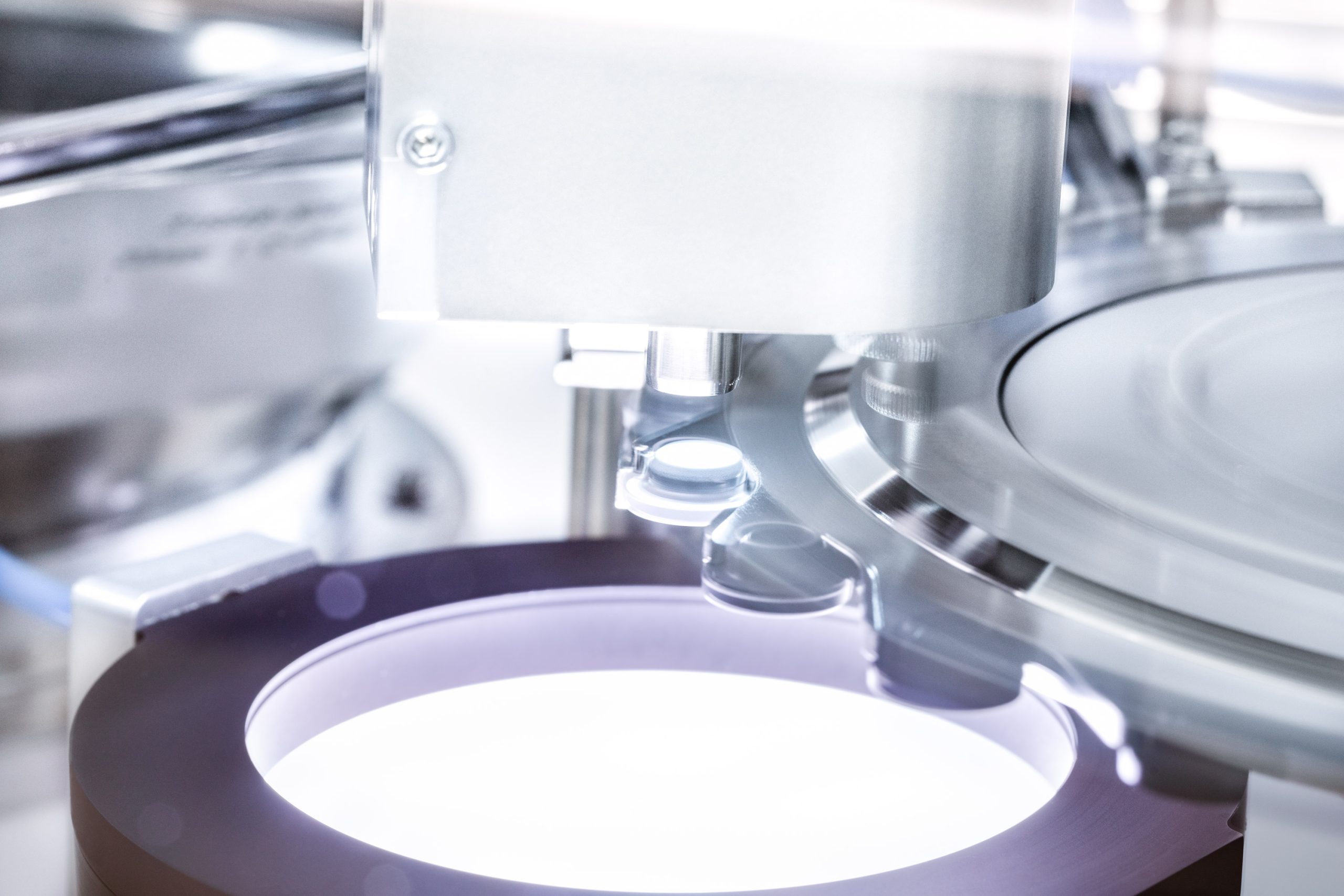Be sure to register for our 3-
day virtual training course.
day virtual training course.
Die Inhalte dieser Seite sind leider nicht auf Deutsch verfügbar.
mit Google übersetzenWebinar | 23. Juli 2020
From August 4-6, Datwyler will be hosting a 3-day virtual training course with the Parenteral Drug Association (PDA) on Characteristics of Pharmaceutical Elastomers and Aluminum Seals in Parenteral Packaging Systems.
In this training course, guests will gain insight into the fundamentals of pharmaceutical elastomers with practical considerations. Industry experts will describe component selection strategies, review manufacturing technologies, component processing and sterilization techniques. There will be a focus to understand the origin of defects and analytical tools applied for their characterization. Be sure to register for our training courses. Click here to register online.

Tuesday, June 16th
– Vials, PFS, Cartridges (with a focus on elastomeric and aluminum components)
– Selection criteria and key considerations
– Physical and chemical properties
– Applications, variations, and functionalities
– E/L profiles
– Manufacturing technologies
– Understanding critical manufacturing parameters
Wednesday, June 17th
– Fundamentals of RFS and RTU components
– Importance of siliconization and selection criteria
– Basics of camera inspection
– Sterilization choices and elastomer packaging selection
-Understanding origin of defects
– Defect classification (discussion of PDA TR76)
– Commonly applied analytical methods
– Test methods discussion (e.g. CCI, silicone, moisture retention, chemical identification)
Thursday, June 18th

Vice President Technical Services
Datwyler
Renaud Janssen graduated as a chemical engineer from Leuven University, Belgium. After working for 4 years for Janssen Pharmaceutica in Belgium, Renaud joined Datwyler Pharma Packaging in 1988. Since then he has been holding positions in R&D, Technical Customer Support, Quality, Scientific Affairs and Regulatory Affairs and Chemical Compliance. Currently, Renaud is Vice President, Technical Services for Datwyler Pharma Packaging.
Renaud frequently presents at international conferences on subjects related to elastomeric and aluminum/plastic closures for pharmaceutical applications. Renaud also takes part in various standardization and pharmacopeial committees of ISO, Pharm. Eur. and USP. He is chairing the USP Expert Committee Packaging and Distribution in the 2020-2025 USP cycle. He also is an active member in industry organizations.

Technical Key Account Manager
Datwyler
Rahul Thakar is a Technical Key Account Manager with Datwyler and has over 10 years of product development experience in pharmaceutical and chemical sciences. In his current role, Rahul consults with pharmaceutical and medical device companies on parenteral packaging solutions to develop safe and efficacious drug-delivery systems. He holds global responsibility for several key clients, where he is responsible for technical projects from the ideation to the commercialization stage. Within Datwyler, he is also leading strategic collaborations with external partners for product portfolio expansion and product innovation.
Rahul was awarded his Ph.D. degree in Material Science and Analytical Chemistry from Indiana University, Bloomington where his graduate research was focused on design and microfabrication of bioanalytical devices for electroanalytical measurements.
1. Identify common types of pharmaceutical elastomers
2. Recognize elastomer manufacturing technologies
3. Understand the various elastomer applications, variations, and functionalities
4. Understand critical elastomer manufacturing parameters
5. Understand the origin of defects in elastomeric components and detect the defect classification
6. Use commonly applied analytical methods to test elastomeric components and understand the requirements for each test
7. Understand the regulatory requirements for elastomeric closures and apply them in practical situations
This training course is intended for professionals who are responsible for primary packaging components for pharmaceutical containers.
Departments
Quality control, Quality systems, Quality compliance, Engineering, Manufacturing, Research and development, Regulatory affairs, Validation, Packaging
Roles
Specialist, Supervisor, Manager, Engineer, Director
Parenteral Drug Association